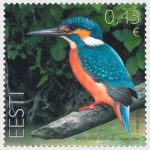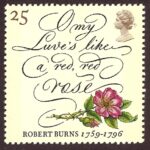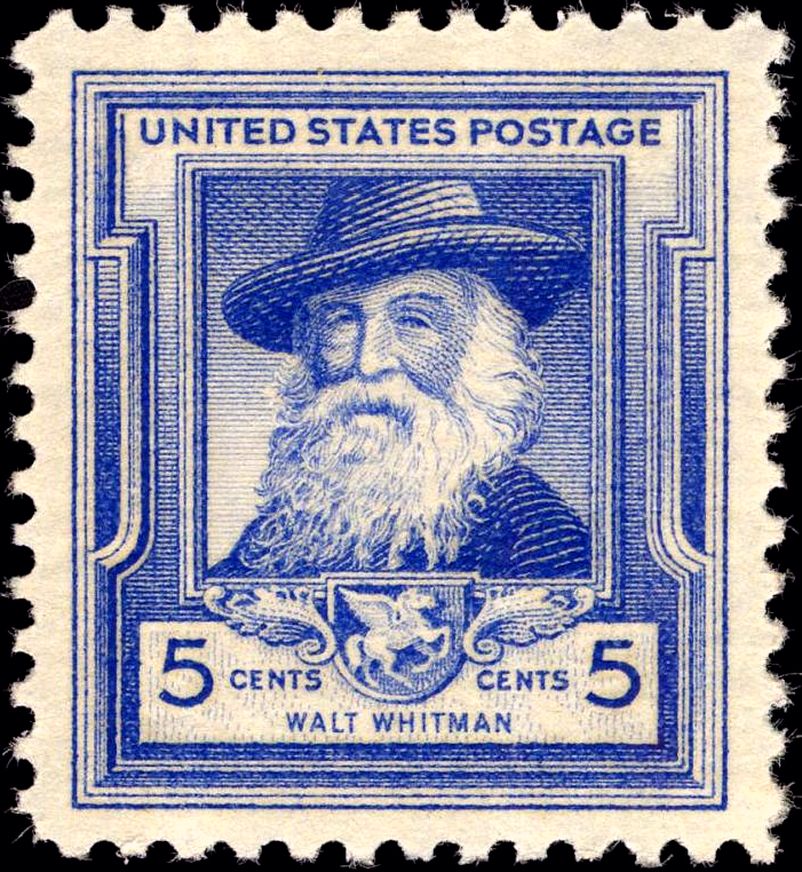![[April Showers]](https://riverhouses.org/wp-content/uploads/2025/04/umbrella-rain-emoji-150x150.png) April showers are expected this week here in New England, so it’s only natural that our homeschool poem-of-the-week for the beginning of April should be the opening lines of The Canterbury Tales by Geoffrey Chaucer (ca. 1343–1400), one of the foundational texts of the English language and a staple of high school and college literature classes across the English-speaking world.
April showers are expected this week here in New England, so it’s only natural that our homeschool poem-of-the-week for the beginning of April should be the opening lines of The Canterbury Tales by Geoffrey Chaucer (ca. 1343–1400), one of the foundational texts of the English language and a staple of high school and college literature classes across the English-speaking world.
I can still recite these lines myself from high school — perhaps you can too, and you can pass that inheritance on to your homeschool students this month. Here’s a quintessential “random Internet dude” giving us a Chaucer reading from his own memory of freshman English in college. What did our language sound like 600 years ago? It sounded about like this.
And here’s another reading of the same lines for comparison, with an appropriately medieval musical accompaniment in the background.
The Canterbury Tales is a collection of stories told by a group of travelers on their way to Canterbury Cathedral in southeastern England to commemorate the life and martyrdom of Archbishop Thomas Becket. They were written about the year 1390, more than 200 years after Becket’s murder, and they are in Middle English. It’s conventional to divide the history of our language into three phases: Old English (Anglo-Saxon), Middle English (Chaucer, for example), and Modern English (Shakespeare to today). (That’s a great simplification of a vast subject, of course.) Old English is, to modern eyes and ears, a foreign language. But Middle English, although quite strange, is recognizably English, and with a little effort and help it can usually be worked out.
Here’s this week’s Chaucer passage in straight Middle English:
Whan that Aprill with his shoures soote
The droghte of March hath perced to the roote,
And bathed every veyne in swich licour
Of which vertu engendred is the flour;
Whan Zephirus eek with his sweete breeth
Inspired hath in every holt and heeth
The tendre croppes, and the yonge sonne
Hath in the Ram his half cours yronne,
And smale foweles maken melodye,
That slepen al the nyght with open ye
(So priketh hem Nature in hir corages),
Thanne longen folk to goon on pilgrimages,
And palmeres for to seken straunge strondes,
To ferne halwes, kowthe in sondry londes;
And specially from every shires ende
Of Engelond to Caunterbury they wende,
The hooly blisful martir for to seke,
That hem hath holpen whan that they were seeke.
And here’s an interlinear translation. (That’s a good concept to teach.) Invite your students to compare Middle and Modern carefully and see how they are alike and different:
Whan that Aprill with his shoures soote
When April with its sweet-smelling showers
The droghte of March hath perced to the roote,
Has pierced the drought of March to the root,
And bathed every veyne in swich licour
And bathed every vein [of the plants] in such liquid
Of which vertu engendred is the flour;
By which power the flower is created;
Whan Zephirus eek with his sweete breeth
When the West Wind also with its sweet breath,
Inspired hath in every holt and heeth
In every wood and field has breathed life into
The tendre croppes, and the yonge sonne
The tender new leaves, and the young sun
Hath in the Ram his half cours yronne,
Has run half its course in [the constellation] Aries,
And smale foweles maken melodye,
And small fowls make melody,
That slepen al the nyght with open ye
Those that sleep all the night with open eyes
(So priketh hem Nature in hir corages),
(So Nature incites them in their hearts),
Thanne longen folk to goon on pilgrimages,
Then folk long to go on pilgrimages,
And palmeres for to seken straunge strondes,
And professional pilgrims to seek foreign shores,
To ferne halwes, kowthe in sondry londes;
To distant shrines, known in various lands;
And specially from every shires ende
And specially from every shire’s end
Of Engelond to Caunterbury they wende,
Of England to Canterbury they travel,
The hooly blisful martir for to seke,
To seek the holy blessed martyr,
That hem hath holpen whan that they were seeke.
Who helped them when they were sick.
It would be hard to overestimate the importance of Chaucer in the history of English literature. In fact, the first book printed in England in the English language was William Caxton’s 1476 edition of The Canterbury Tales. Why not drop Chaucer’s name this April in your homeschool and invite your students to learn more about his works, his life and times, and about the history of our language.
What literary discoveries — ancient or modern — have you and your students made in your homeschool this Leo Term? 😊
❡ An American Chaucer: Henry Wadsworth Longfellow’s popular Tales of a Wayside Inn (1863) is an American recreation of Chaucer’s Canterbury Tales. Why not look for a copy in your local library this month. It’s first section, “The Landlord’s Tale,” is our homeschool poem-of-the-week for the third week of April — most people know it by its more familiar title, “Paul Revere’s Ride.” 🏇
❡ Explore more: For a quick review of the Medieval period, turn to pages 188–197 in your River Houses history encyclopedia. You’ll even find a little picture of Chaucer’s Canterbury pilgrims right there on page 196. 📚
❡ From every shire’s end: If a special line or turn of phrase happens to strike you in one of our weekly poems, just copy it onto your homeschool bulletin board for a few days and invite your students to speak it aloud — that’s all it takes to begin a new poetical friendship and learn a few lovely words that will stay with you for life. Tolkien fans will perhaps pluck out this little phrase — “from every shires ende” is Chaucer’s Middle-English equivalent of something like “from sea to shining sea.” 🚶
❡ Literary lives: The website of the Poetry Foundation includes biographical notes and examples of the work of many important poets (including Geoffrey Chaucer) that are suitable for high school students and homeschool teachers. ✒️
❡ Here, said the year: This post is one of our regular homeschool poems-of-the-week. Print your own River Houses Poetry Calendar to follow along with us as we visit fifty of our favorite friends over the course of the year, and add your name to our River Houses mailing list to get posts like these delivered right to your mailbox every week. 📫
❡ Homeschool calendars: We have a whole collection of free, printable, educational homeschool calendars and planners available on our main River Houses calendar page. They will help you create a light and easy structure for your homeschool year. Give them a try today! 🗓
❡ Support our work: If you enjoy our educational materials, please support us by starting your regular Amazon shopping from our very own homeschool teaching supplies page. When you click through from our page, any purchase you make earns us a small commission at no extra cost to you. Thank you for helping us to keep going and growing! 🛒
❡ Join us! The aim of the River Houses project is to create a network of friendly local homeschool support groups — local chapters that we call “Houses.” Our first at-large chapter, Headwaters House, is now forming and is open to homeschoolers everywhere. Find out how to become one of our founding members on the Headwaters House membership page. 🏡



